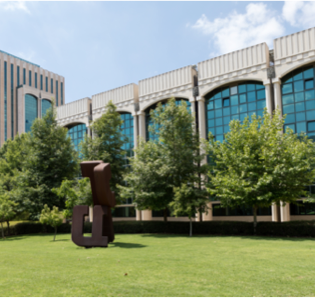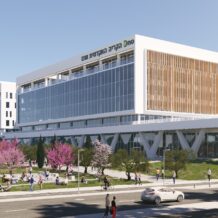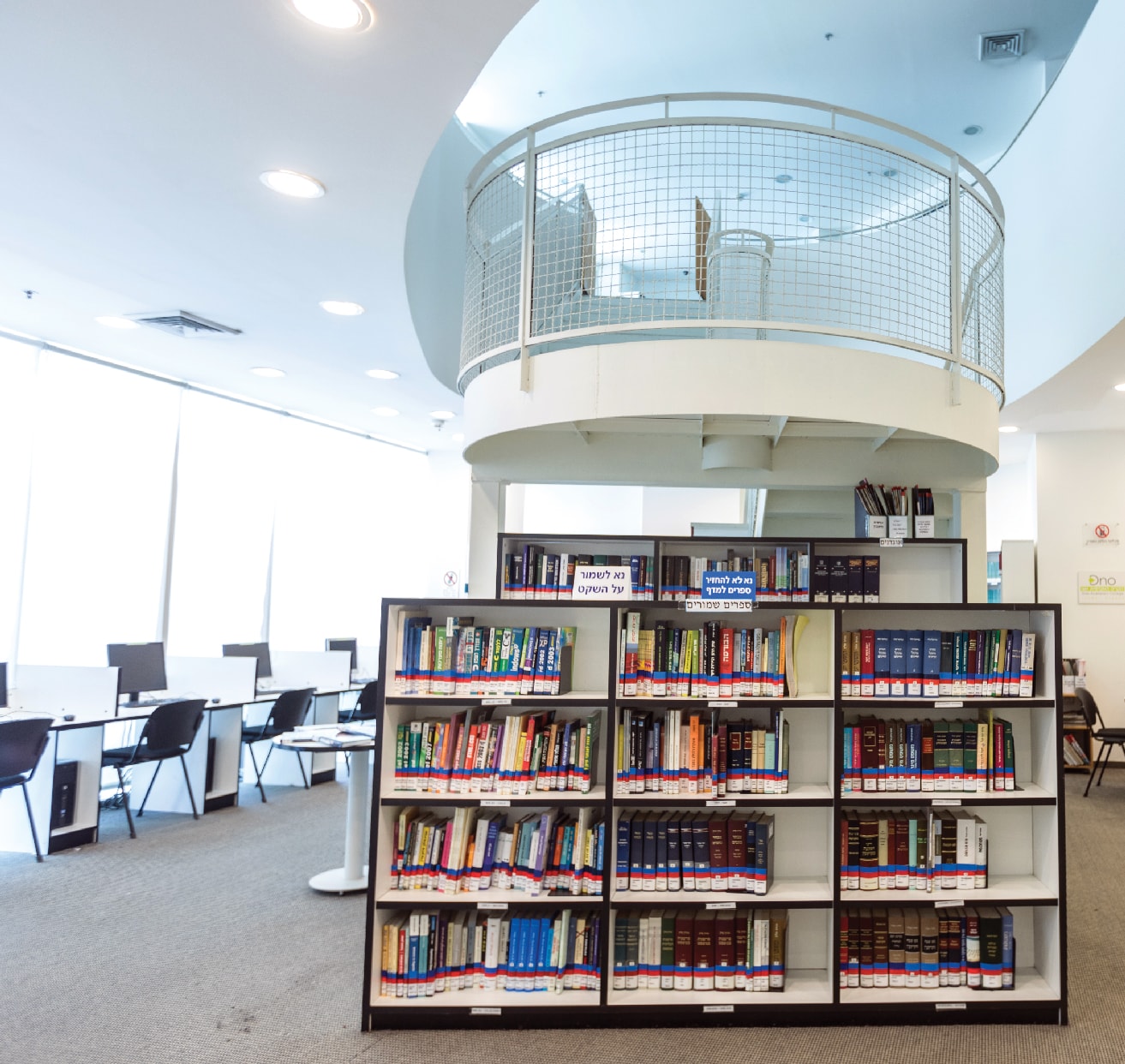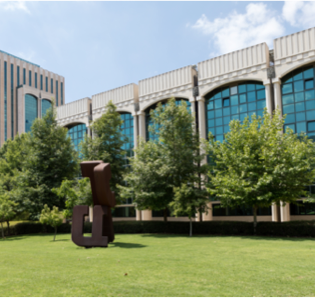Ono Hosts Delegation of Presidents of US Historic Black Colleges and Universities
A delegation of Presidents of Historic Black Colleges and Universities (HBCU’s) from the United States recently visited Ono Academic College and had a fascinating exchange with some of Ono’s faculty and administrators. The delegation was organized by Project Interchange of the American Jewish Committee, which has brought missions of non-Jewish leaders to Israel since 1982, and by the Thurgood Marshall Fund, the largest national organization representing the Black College Community in America.
Historic Black Colleges and Universities (HBCU’s) are a group of over 100 US institutions of higher education. Most HBCU’s were founded following the American Civil War in the Southern US, during a period when many Black Americans were prohibited from attending college at all or suffered severe quotas limiting their admission. HBCU’s provided educational opportunities for Black Americans and are credited with being largely responsible for establishing and expanding the African-American middle class (Chronicle.com).
The delegation that visited Ono, led by Tony Allen, PH.D., President of Delaware State University and Head of the White House Advisory Committee on HBCU’s, included Presidents and administrators representing 8 other esteemed institutions such as Tuskegee University, Florida A&M University, Kentucky State University, North Carolina A&T State University and others.
The Ono representation consisted of Doron Haran, Vice Chairman, Adv. Zeev Kaso, Director of the Program for the Advancement and Integration of Ethiopian-Israeli Students, Dr. Samuel Schwartz, Assistant Dean of Students, Dr. Noam Hoffmann, Director of Academic Development in the Faculty of Humanities and Social Sciences, Dr. Shalom Z. Sharon, Director of the International Center for the Study of Ethiopian Jewry, and Ms. Nilly Venezia, Manager of the Center.
The conversation was wide-ranging and highlighted the fact that Ono and the HBCU’s share many of the same concerns and work to overcome many of the same challenges. Issues discussed included student retention, providing educational access to populations in the periphery, offering support to ensure graduation, assisting students in managing a work/study balance and more.
The participants were eager to discuss collaborative possibilities of joint research projects and student and faculty exchange programs and committed to following up to make them happen.







